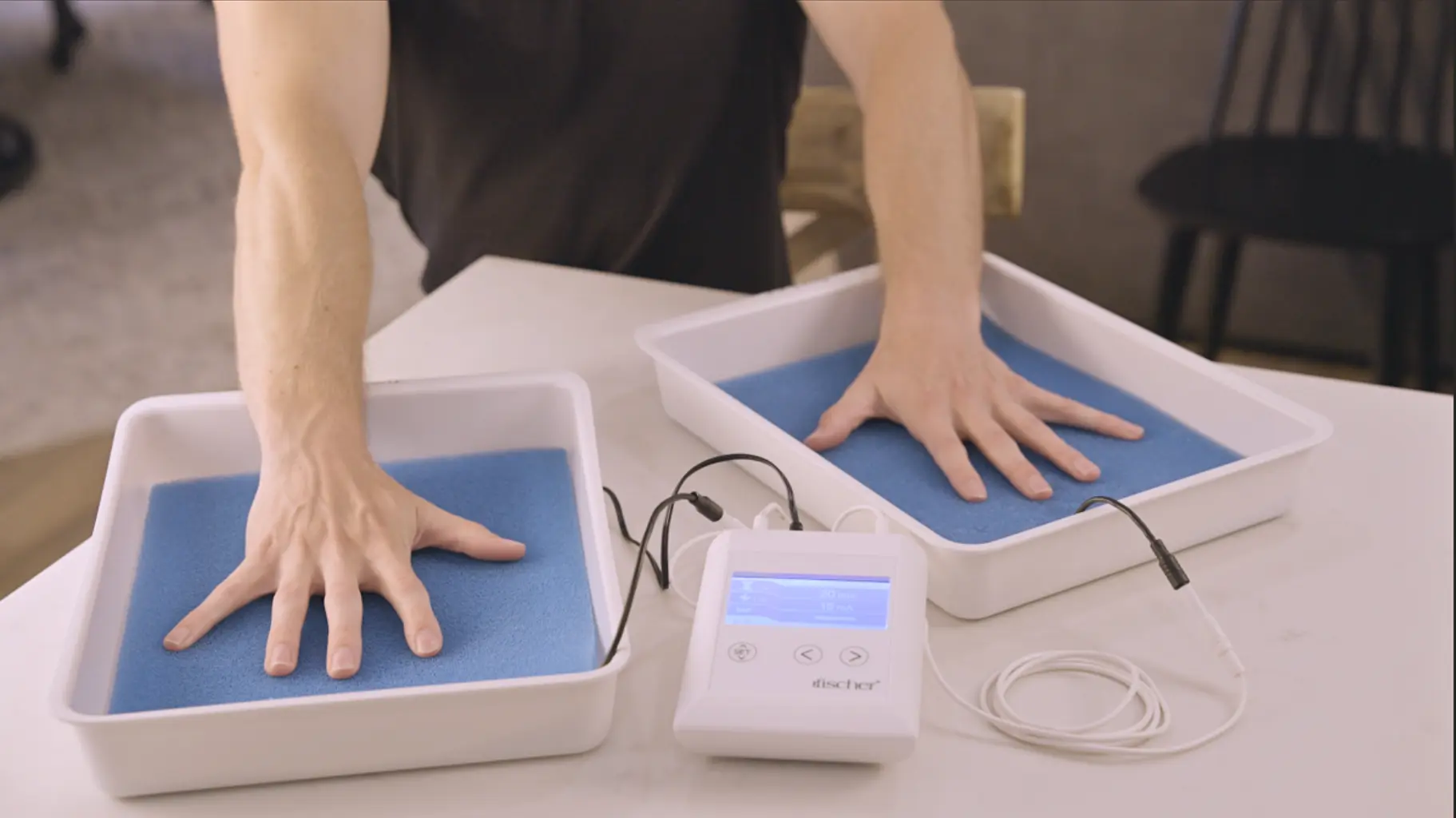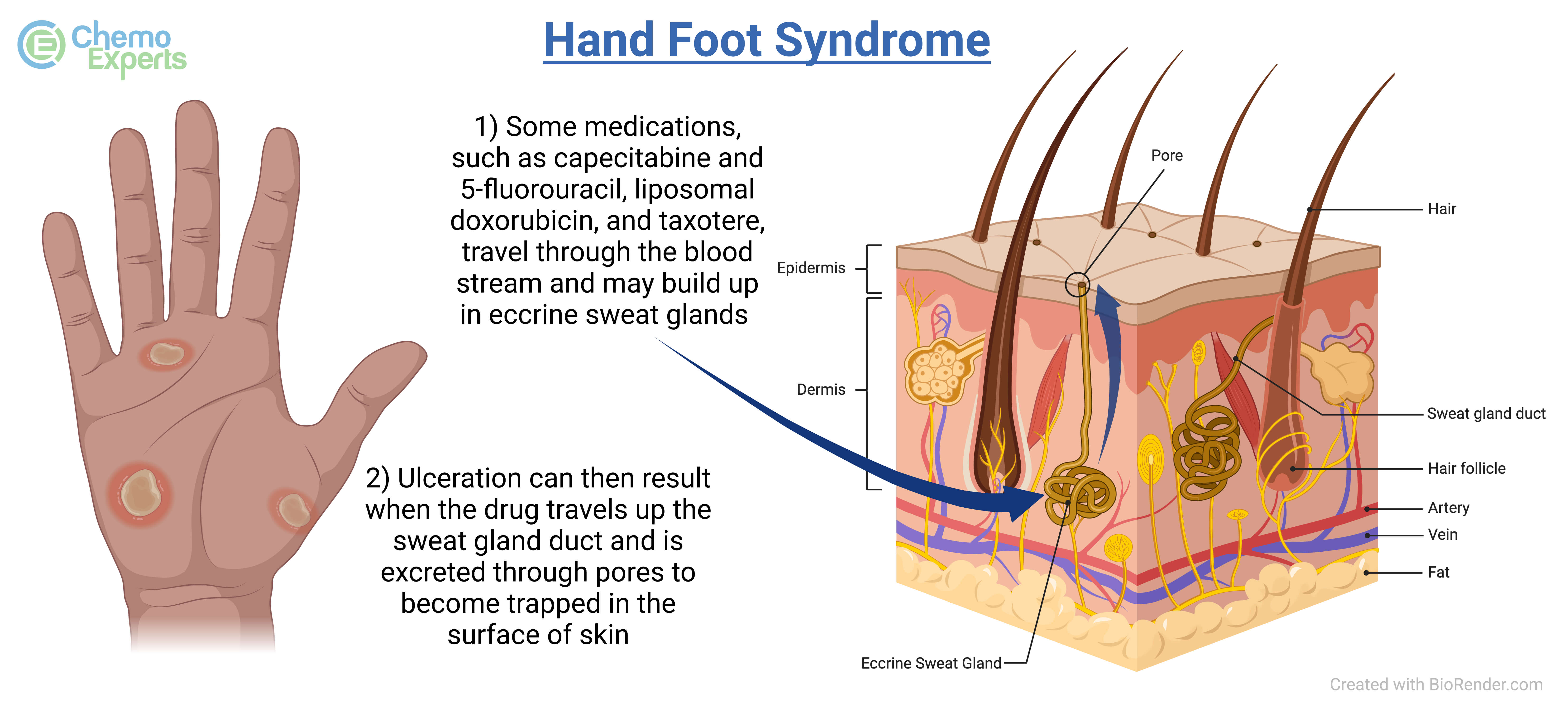Comprehending the Origin of Excessive Sweating and Its Impact on Every Day Life
Extreme sweating, additionally called hyperhidrosis, is a condition that influences a substantial part of the population, yet its underlying reasons and implications on day-to-day working stay somewhat enigmatic. While it is commonly understood as a physical response to manage body temperature level, the triggers for extreme sweating can differ extensively amongst people, incorporating not just physical variables however additionally psychological and emotional components. The effect of this condition extends beyond mere discomfort, usually affecting social communications and total high quality of life. By delving into the root creates of hyperhidrosis and discovering its diverse impacts, a deeper understanding of this prevalent problem can be gotten, clarifying the complexities that individuals coming to grips with extreme sweating navigate each day.
Physiology of Sweat Glands
The guideline of sweat manufacturing, a crucial physiological process, is mostly controlled by the task of gland dispersed throughout the body. Gland are categorized right into 2 primary kinds: eccrine and apocrine glands. Eccrine glands are one of the most numerous and are discovered in mostly all locations of the body. They play a vital role in thermoregulation by producing a watery fluid onto the skin's surface, which helps and vaporizes cool the body down. In contrast, apocrine glands are focused in locations rich in hair roots, such as the underarms and groin, and their secretions are thicker and milky in look.
When the body temperature climbs, either as a result of physical task, heats, or emotional tension, the anxious system causes the gland to generate sweat. This sweat is made up mainly of water and electrolytes like salt and chloride. The procedure of sweat manufacturing is necessary for preserving the body's inner temperature within a narrow, optimum range, highlighting the crucial duty gland play in human physiology.
Triggers for Excessive Sweating
In understanding the root causes of excessive sweating, it is vital to recognize the triggers that can cause this physiological response. Too much sweating, also referred to as hyperhidrosis, can be triggered by different variables, both physical and ecological. One typical trigger is emotional anxiety or stress and anxiety, which can boost the body's sweat glands to produce even more sweat than is necessary for cooling. Physical exertion, high temperature levels, and spicy foods are also recognized to cause too much sweating in individuals vulnerable to this condition. Furthermore, particular clinical problems like hyperthyroidism, menopause, or diabetic issues can add to excessive sweating also.
Furthermore, drugs such as some antidepressants, opioids, and specific supplements can also work as triggers for hyperhidrosis. Understanding these triggers is important in managing too much sweating effectively - Treatment for hyperhydrosis of hands and feet. By recognizing and resolving the specific triggers that motivate extreme sweating in a private, doctor can develop tailored treatment plans to relieve this problem and enhance the individual's lifestyle
Medical Conditions Associated
Linked with excessive sweating are numerous medical conditions that can intensify this physical reaction. One typical problem is hyperhidrosis, a disorder defined by abnormally increased sweating that goes beyond the body's thermoregulatory requirements. This can manifest in focal areas like the palms, soles, underarms, or face, impacting a person's quality of life due to social humiliation and pain.
Moreover, endocrine problems such as hyperthyroidism, diabetes, and menopausal warm flashes can also bring about too much sweating. Hyperthyroidism creates an overflow of thyroid hormonal agents, speeding up metabolic process and activating sweating. Diabetic issues can cause sweating episodes, specifically during hypoglycemic episodes when blood sugar level degrees drop too low. Menopausal hot flashes, credited to hormone fluctuations during menopause, can cause extreme and sudden sweating, commonly accompanied by flushing and heart palpitations.
In addition, infections like tuberculosis, HIV, and endocarditis have been related to evening sweats, a typical symptom known to interfere with sleep and affect overall wellness. These medical conditions highlight the varied variety of underlying elements YOURURL.com that can contribute to extreme sweating, requiring detailed analysis and monitoring by medical care specialists.
Psychological and Emotional Aspects

Influence On Social Communications
Too much sweating can have profound effects on a person's capability to engage easily in social interactions. The visible indications of sweat spots or wet patches on apparel can bring about shame and self-consciousness, causing people to take out from social circumstances. This withdrawal can influence connections, limit social activities, and prevent specialist and personal development.

Additionally, the anxiety and self-confidence issues coming from too much sweating can influence interaction and social check this skills. People may have a hard time to concentrate on conversations, get involved in team tasks, or express themselves confidently. This can lead to sensations of isolation and loneliness, as social connections end up being testing to maintain.
Final Thought

While it is frequently comprehended as a physiological feedback to control body temperature level, the triggers for too much sweating can vary widely among people, encompassing not only physical elements however also emotional and mental see this website components. By delving right into the origin creates of hyperhidrosis and discovering its diverse effects, a deeper understanding of this prevalent issue can be gained, losing light on the complexities that people grappling with too much sweating navigate on a day-to-day basis.
Physical exertion, high temperature levels, and spicy foods are additionally known to trigger excessive sweating in individuals vulnerable to this condition. By determining and dealing with the details triggers that motivate too much sweating in an individual, medical care carriers can develop personalized therapy strategies to relieve this condition and improve the person's quality of life.
Extreme sweating can have profound effects on an individual's capacity to engage pleasantly in social interactions.